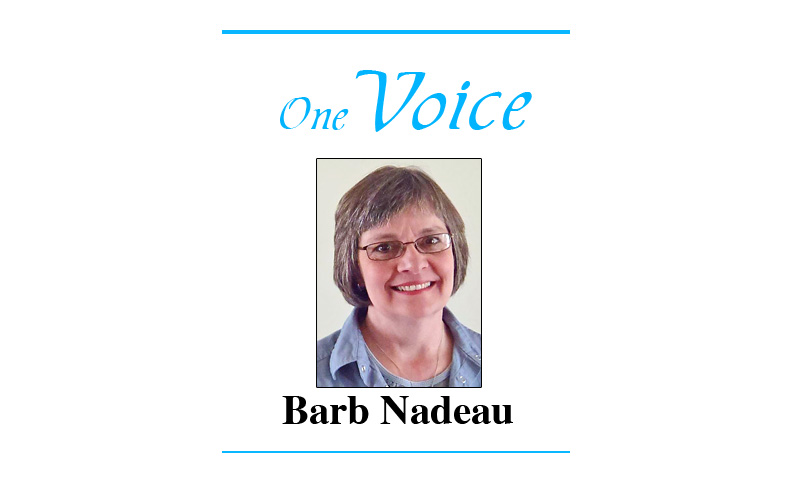
Aging well and staying both healthy and strong is everyone’s dream. So why do so many fall short of achieving that dream?
Everyone has had a share of aches and pains, wounds, or accidents. There are thousands of voices, from television to radio to social media, to newspapers, telling us how to improve. Sometimes it feels better just to tune all those messages out, because after all, what is the use? We all continue to advance in age.
But there is one simple solution that can help a great number of problems, and that is good nutrition.
June has been designated as Wound Healing Awareness Month because so many older adults suffer from chronic wounds or wounds that are slow to heal. The National Association of Nutrition and Aging Services Programs (NANASP) wants to bring awareness to the need for healthy food and nutrition for all older adults and the connection between healthy eating and wound care.
NANASP is a national membership organization for persons across the country working to provide older adults healthful food and nutrition through community-based services. Food safety, access to nutrition, and meal services, are just some of their causes.
NANASP reports that nearly 15% of Medicare recipients have wounds or wound-related infections from trauma, surgery, or pressure injuries. It is worth discussion and study, not just because of loss of quality of life, but for the national costs as well. Wound care costs the American public up to $96 Billion annually. Most importantly for us is how we can avoid becoming part of these statistics?
The one key factor that can be easily addressed for all older adults is good nutrition. Getting the right amounts of calories, protein, and fluids is important for healing at all stages. Having a good, rich, diet, including foods rich in vitamins and minerals, is paramount in healing and keeping healthy.
Calories count, according to an article written by Julie Richards, MS, RDN, LDN, Mary Litchford, PhD, RDN, LDN, and Joyce Pittman, PhD, ANP-BC, FNP-BC, CWOCN, FAAN, Nutrition to Aid Wound Healing in the Aging Adult in The Journal of Active Aging, January/February 2019.
Our bodies need calories, and when we are dealing with illness or injury, our energy requirements increase. If the body does not get enough calories, the body will find alternative ways to meet its needs, such as breaking down muscle tissue to find energy and protein. That means there is less protein and energy available for healing, there is less strength, and less endurance, too.
Richards, Litchford, and Pittman, offer some helpful tips to promote good health and healing for older adults:
• Eat sufficient calories from a balanced, nutritious diet.
• Consume optimal amounts of protein at meals and snacks.
• Stay well-hydrated.
• Individuals with diabetes should control blood sugar levels.
• Talk with a registered dietitian nutritionist about creating an individualized diet plan.
It is important to spend time analyzing our own diets, and to remember that the nutritional components in our diets can help us in ways we may not have considered previously.
Agencies delivering Meals on Wheels and offering congregate dining options for older adults are serious about their mission to offer good, quality, nutrition according to strict dietary guidelines. Congregate sites are starting to open as the State emerges from the COVID pandemic. Supporting and participating in these services is important, for seniors and their caregivers.
Remember, eating is more than just a meal. Eating well keeps you healing, energized, and ready to continue to enjoy all the good things of life.
Barb Nadeau is the community relations manager for the Voluntary Action Center of Northern Illinois, representing five counties. Barb has worked many years as a professional television and radio host, as well as a print and social media journalist, and as a volunteer coordination professional networking amongst non-profit social service agencies throughout Illinois. She is a free-lance writer and an elected alderman in the city government of Plano. Contact Barb at bvnadeau@gmail.com.

